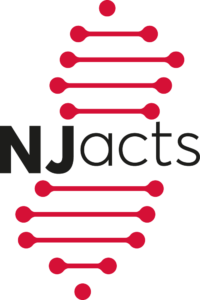 Please read Dr. Dave’s article in Circulation titled, “Risk of Cardiovascular Outcomes in Patients With Type 2 Diabetes After Addition of SGLT2 Inhibitors Versus Sulfonylureas to Baseline GLP-1RA Therapy.“
Please read Dr. Dave’s article in Circulation titled, “Risk of Cardiovascular Outcomes in Patients With Type 2 Diabetes After Addition of SGLT2 Inhibitors Versus Sulfonylureas to Baseline GLP-1RA Therapy.“
Atherosclerotic cardiovascular disease and heart failure (HF) are the primary contributors to mortality and morbidity among patients with type 2 diabetes; therefore, reducing these events is the cornerstone of disease management. Sodium-glucose cotransporter-2 inhibitors (SGLT2i) are a newer class of medications that lower serum glucose by inhibiting its reabsorption in the proximal convoluted tubule. In several large randomized cardiovascular outcome trials, SGLT2i have demonstrated their efficacy in reducing HF hospitalizations and, for empagliflozin and canagliflozin, the composite of cardiovascular death, myocardial infarction (MI), and stroke. Reductions in cardiovascular events occurred early after randomization, often within the first 6 months of SGLT2i therapy initiation, before anticipated times when change would occur in the underlying coronary atherosclerotic burden. To read the full article.
Risk of Cardiovascular Outcomes in Patients With Type 2 Diabetes After Addition of SGLT2 Inhibitors Versus Sulfonylureas to Baseline GLP-1RA Therapy. Dave CV, Kim SC, Goldfine AB, Glynn RJ, Tong A, Patorno E. 2021 Feb 23;143(8):770-779. PMID: 33302723 PMCID: PMC7902404 DOI: 10.1161/CIRCULATIONAHA.120.047965
